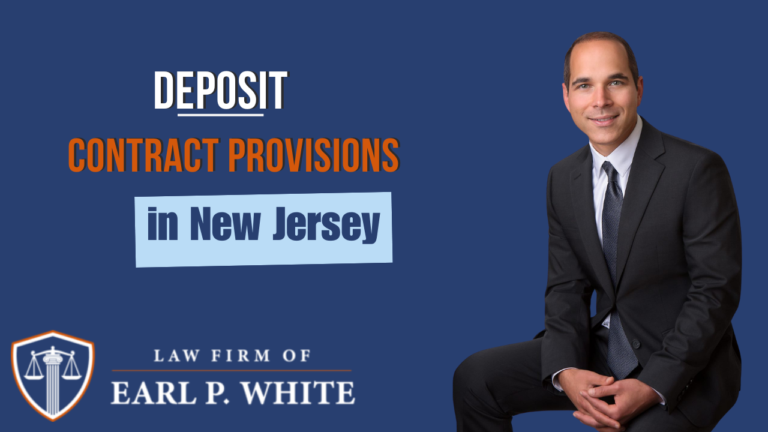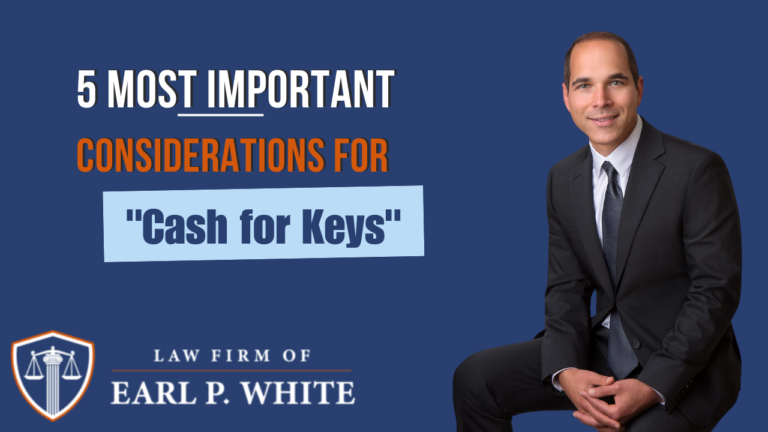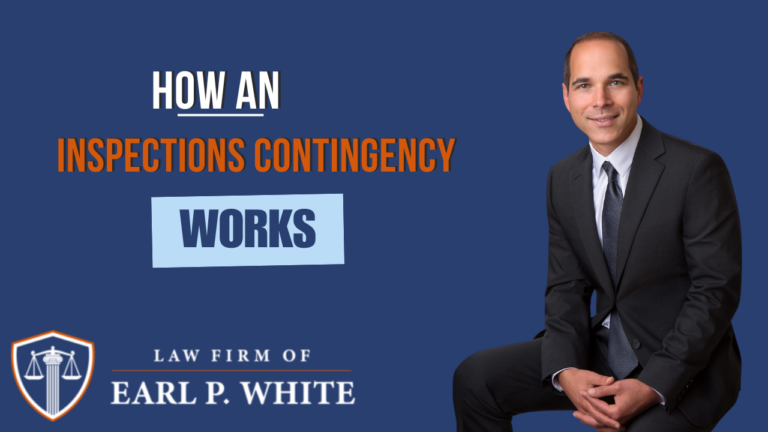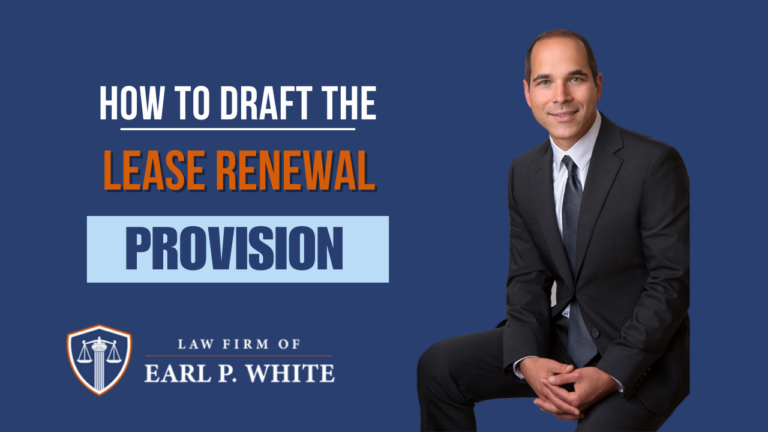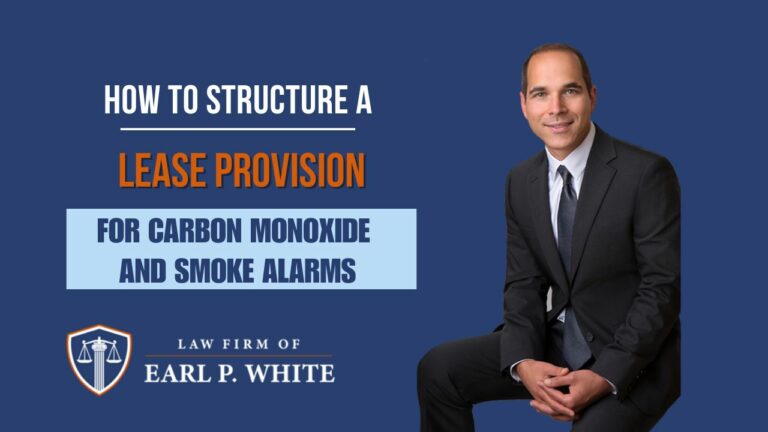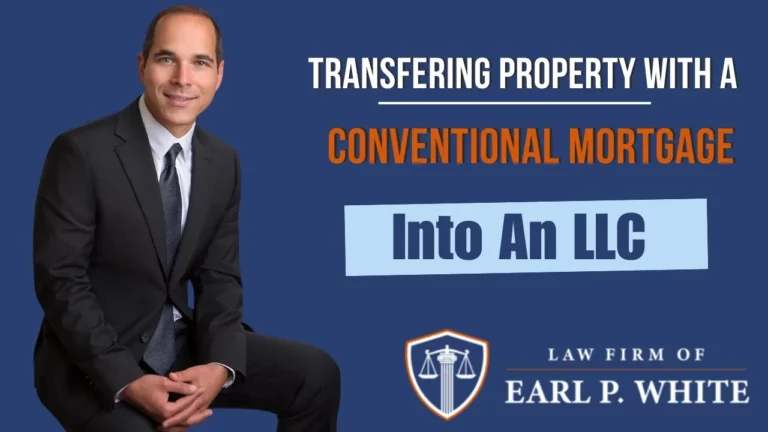In the realm of property management, whether residential or commercial, structuring lease renewal options is a critical component that demands careful consideration. This post delves into the common pitfalls and strategic approaches that landlords and real estate professionals should adopt to ensure legally sound and mutually beneficial lease agreements.
Members of our free Real Estate Law Newsletter receive exclusive access to resources for landlords, investors, and other real estate professionals. Join today!
The Importance of Clear Renewal Provisions
One major issue in many lease agreements is the ambiguity in the options to renew provisions. Often, generic templates are downloaded from the internet, which may not adequately address specific legal requirements or the parties’ intentions. Working with a knowledgeable attorney can prevent these oversights; however, those relying on less formal methods, like generic online forms or automated tools, must be particularly vigilant.
1. Limiting the Number of Renewals
To avoid perpetual renewals, it’s crucial to specify the number of times a lease can be renewed in the agreement. This prevents scenarios where tenants could theoretically continue renewing indefinitely, leading to a lack of clarity about the lease’s duration. Clearly stating whether there is one renewal period or multiple, and specifying the exact number, is essential.
2. Notification Requirements
The method and requirements for notifying the landlord about a desire to renew must be explicitly defined. Typically, this should be mandated in writing to avoid any reliance on verbal agreements, which are not legally binding in this context. Specifying that notifications must be written ensures clarity and enforceability.
3. Setting a Timeframe for Notification
It is also important to establish a specific timeframe within which the tenant must notify the landlord of their intention to renew. Without a defined period, tenants might attempt to renew just before the lease expires, or even after transitioning to a month-to-month tenancy. A clear timeframe helps both parties plan and prevents potential disputes.
Deciding on Rent Calculation for Renewal Periods
Determining how rent will be calculated during renewal periods is another critical element that needs careful planning.
Option 1: Fixed Rent
Agreeing on a fixed rent for renewal periods is straightforward but can be disadvantageous for landlords if market rates increase significantly. While simple, this approach might result in below-market rental income if the property’s value appreciates.
Option 2: Market-Based Rent
Linking rent to market conditions can safeguard landlords against inflation and market shifts. This approach can involve stipulating that rent will be reassessed based on current market rates at the time of renewal. To address potential disagreements on market rent, the lease can include a provision for hiring independent appraisers or realtors to determine fair value, which can then be averaged to set the rent.
Option 3: Scheduled Rent Increases
Alternatively, landlords might prefer a fixed schedule of rent increases, e.g., a certain percentage each year. This method provides predictability and simplicity, ensuring that rent increases align with market trends or the landlord’s financial objectives.
Conclusion
For real estate professionals and landlords, meticulously drafting the lease renewal clauses is not just about legal compliance but also about ensuring that the lease terms remain beneficial and enforceable over time. Whether through fixed rent, market rent, or scheduled increases, the key is to anticipate market conditions and tenant behaviors, aligning them with the landlord’s long-term property management goals. Hopefully, this guidance will aid in structuring effective and robust lease renewal options.
Stay ahead with our free newsletter: The Real Estate Law Newsletter – your source for real estate law news.
Essential updates and insights direct to you. Impress clients and colleagues with trending news. Sharpen expertise. Stay legally compliant. Access free legal forms. Don’t miss out – join today!


